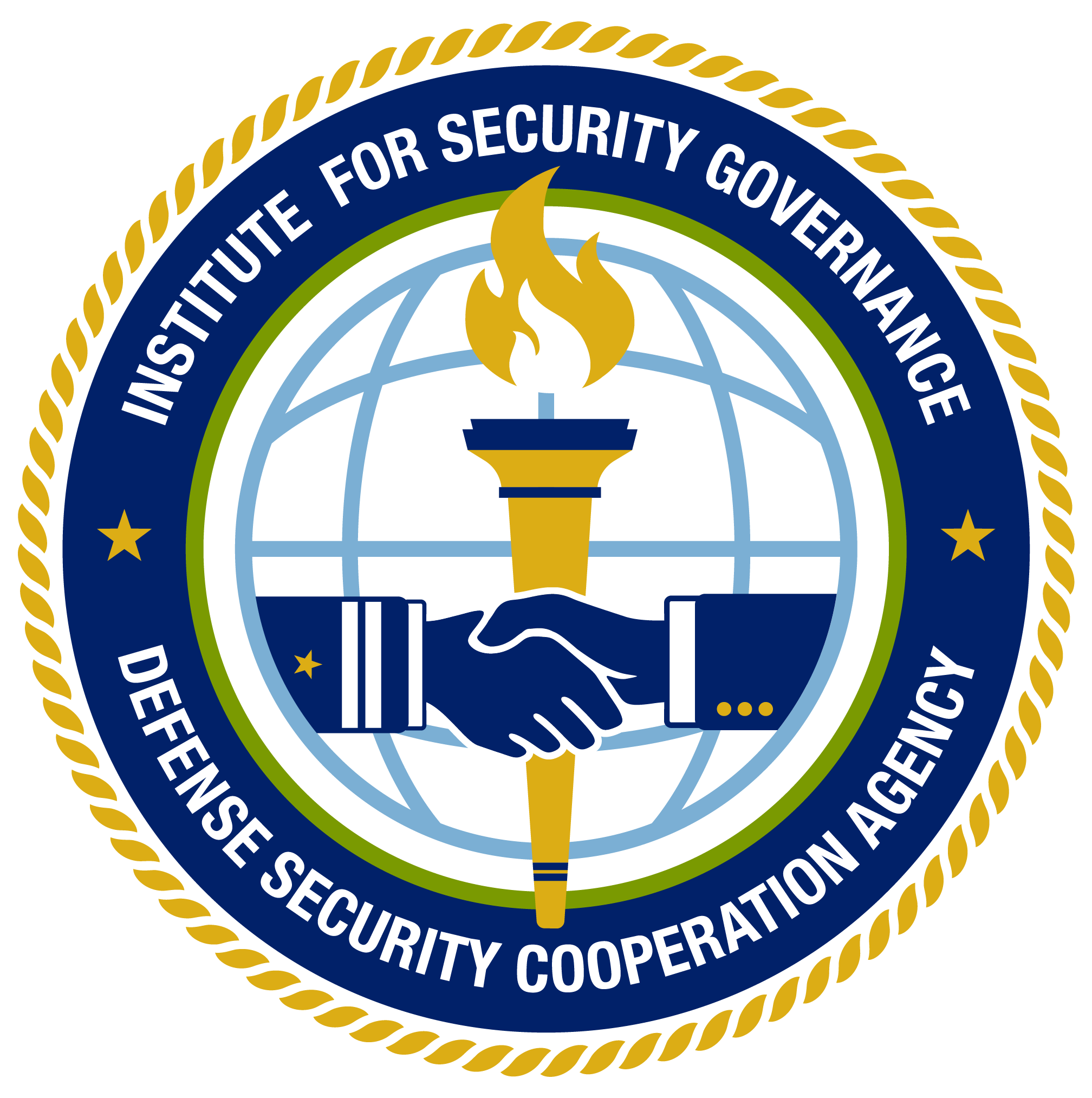Latest News - Defense Security Cooperation University
Featured Articles
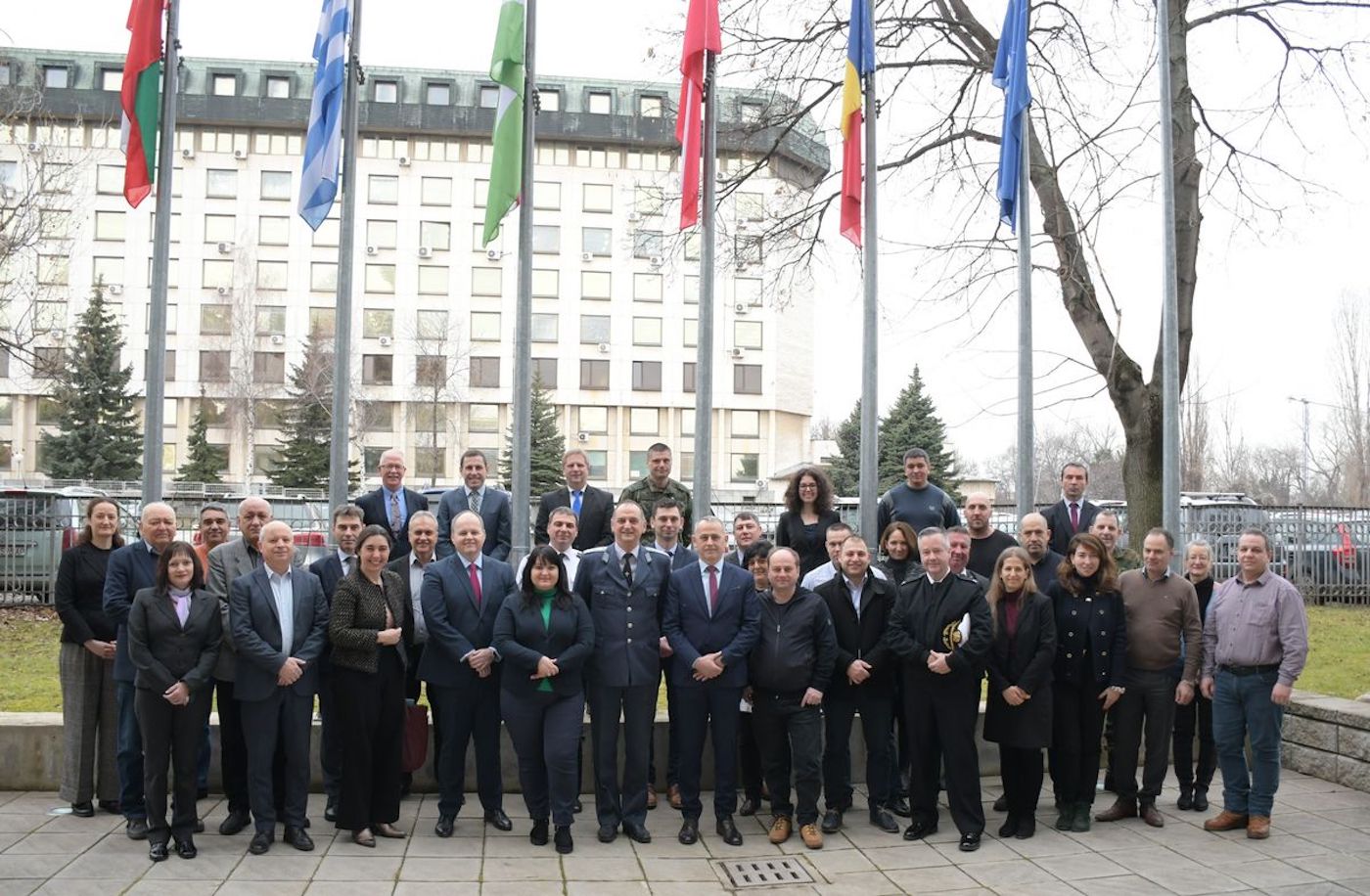
BUILDING NATIONAL RESILIENCE IN BULGARIA
Mar 18, 2024
NEWS POSTS
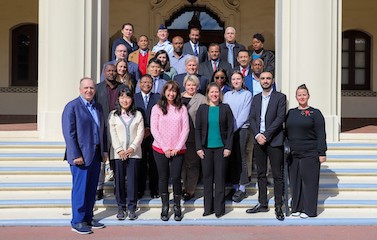
P159202 PRINCIPLES OF DEFENSE PROCUREMENT & CONTRACTING
DSCU’s Institute for Security Governance recently concluded the resident course: PRINCIPLES OF DEFENSE PROCUREMENT & CONTRACTING in Monterey, California. This International Defense Acquisition Resource Management (IDARM) course provides a theoretical and practical examination of fundamental concepts and challenges associated with national and global defense contracting.
Participants examine methodologies that ensure needs based requirements, work in groups to develop and issue requests for tender, and use reasoned decision-making in supplier selection. Critical post-award contract management considerations are also discussed. U.S. and international best practices are examined, as are challenges associated with institutionalizing efficient and effective procurement systems.
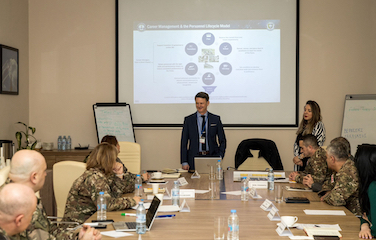
BUILDING INSTITUTIONAL CAPACITY IN GEORGIA
The Institute for Security Governance (ISG) recently concluded another successful Institutional Capacity Building (ICB) engagement in Tbilisi, Georgia with its Ministry of Defense (MoD) and Georgian Defense Force (GDF) counterparts. Working alongside its Georgian partners, ISG continued to support the development of a centralized Career Management capability within the GDF; conducted a workshop focused on data analytics and policy decision-making in the MoD; and supported Georgian efforts to effectively message change management and enhance organizational trust. Supporting a more effective and nimbler Georgia will not only directly impact the country’s defense and territorial deterrence capabilities but will also enhance its interoperability as an important U.S. Security Cooperation partner.

ISG HERON APRIL ISSUE
Announcing the latest ISG Heron – a quarterly newsletter highlighting our work in Security Cooperation and Institutional Capacity Building as well as the people who contribute to this important mission.
In this issue, ISG:
• Spotlights a successful senior leader delegation visit to ISG & DRMI.
• Welcomes seven new outstanding Regional Advising and Functional Experts.
• Profiles the expansion of security governance in Sri Lanka.
• Explores the pivotal role of the U.S.-Philippines Bilateral Strategic Dialog in regional security.
• Offers a standing ovation to Africa Regional Program Lead, Dr. Whitney Grespin.
• Interviews Director Ian Wexler on his dual engagements in the Philippines.
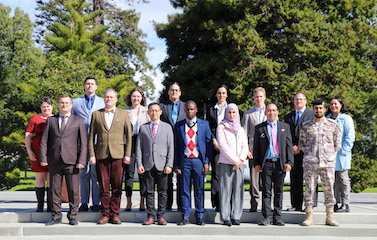
P179928 NATIONAL RESILIENCE FOR DEFENSE & SECURITY
Congratulations to the latest cohort of participants of the National Resilience for Defense & Security course. This course aims to equip participants with knowledge and skills to develop national resilience frameworks that can improve national and collective security in the face of complex threats and hazards, including large scale disasters, domestic crises, and irregular or hybrid warfare.
The course emphasized planning considerations and capabilities requirements for countering full-spectrum threats and hazards that target the civil population and critical infrastructure and services. It explored government coordination with the civil and private sectors, reflecting the interconnected and interdependent nature of defense and security requirements.
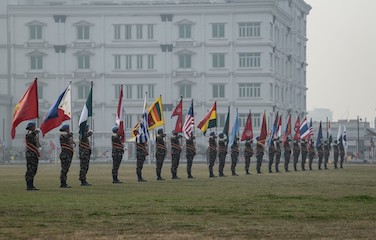
EXERCISE SHANTI PRAYAS IV
ISG’s Peacekeeping and Exercises (PKX) Team recently concluded its support to Exercise Shanti Prayas IV – a Multinational Peacekeeping Exercise co-hosted by the Nepali Army and U.S. Indo-Pacific Command at the Birendra Peace Operations Training Centre (BPOTC) in Panchkhal, Nepal from February 20 – March 4, 2024.
This exercise, hosted rotationally between regional US partners, is the largest annual Peacekeeping exercise in the world annual exercises and designed to support peacekeeping operations. Participants included combined service members from 19 countries as well as a series of high-ranking dignitaries.
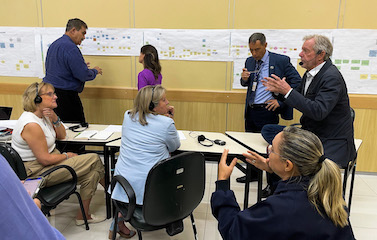
THE ART OF ADVISING IN BRAZIL
Institutional Capacity Building (ICB) is an art more than a science. From a definitional standpoint, it encompasses Security Cooperation activities that directly support partner nation efforts to improve security sector governance and core management competencies needed to achieve shared security objectives.
From a practical standpoint, it involves a myriad of soft skills combined with a deep knowledge base to arrive at a strategically driven, problem focused, partner centric plan to build partner capacity responsibly and sustainably.
Some of those soft skills may include relationship and trust building; agility and adaptive thinking; patience and pacing; active listening; strong verbal communications and an ability to adapt to non-native English communication; awareness of non-verbal and culture-specific cues; and iterative thinking beyond best practices (nimble tailoring).

